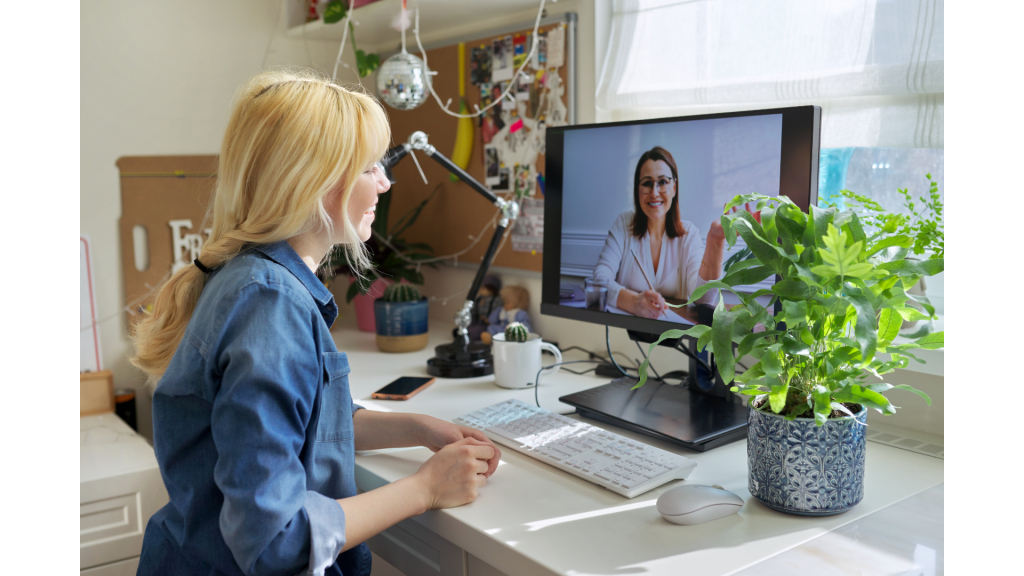This article will discuss how to help yourself with anxiety before seeking professional help.
How to cope with anxiety
The first step is to learn everything you can about anxiety. This learning is called psychoeducation, where someone like myself, a psychologist, explains anxiety and educates you about your condition. Hence it is called psychoeducation.
Why do you need to learn about anxiety?
Like most other things, you can’t fix something until you fully understand it. You need to learn about your particular experience of anxiety to help you identify what you need to work on and, more importantly, how to work on it.
Things you need to learn
How anxiety affects you physically and mentally.
You need to understand this, as it explains why you get particular physical symptoms, which helps remove any fear. Also, you need to understand the reciprocal nature of your thought processes.
For example, anxiety can result in an exaggerated thinking style, but your thoughts can make you more anxious. The effect of your thought processes is covered in depth should you work with me or another mental health professional for cognitive behavioural therapy.
- Read my guide to CBT here
- And start working on yourself using CBT here
- Start my Retrain Your Brain course.
Learn about treatment options.
I recommend a stepped-care approach to treat anxiety. This is where you start with the least intensive option, such as self-help and progress to meeting with a professional if self-help does not work for you.
Retrain Your Brain®

Dr Ryan’s online self-help course for anxiety
Try relaxation or meditation.
Deep breathing exercises may help with your experience of anxiety. Try taking 10 or 20 deep breaths to calm down. Breathe in as deeply as you can, hold the air in your lungs for several seconds, and let each breath out slowly.
Or you can try to slowly breathe in through the nose to the count of three and then exhale through the nose to the count of six. By evening out your breath, you’ll slow your heart rate, which should help calm you down.
Try exercise
Exercise has been shown to have a positive impact on anxiety levels. This is because exercise promotes the release of endorphins. Aerobic activities like brisk walking, jogging, bike riding, or swimming can help with the physical symptoms.
Use Mindful Techniques
The 5-4-3-2-1 coping technique is a helpful grounding technique I use.
Example
- Name five things you can see
- Four things you can touch
- Three things you can smell
- Two things you can hear
- One thing you can taste.
This technique is an excellent grounding exercise as it brings you back to the present moment if your mind spirals out of control.
Avoid Triggers
Identifying triggers that worsen anxiety is crucial to managing anxiety attacks. Triggers such as caffeine or smoking, such as work-related situations, can be obvious or less apparent. Once you identify your triggers, try to limit your exposure. If that’s not possible, use coping techniques such as challenging your fears or interrupting your train of thought. It’s also important to avoid unhelpful responses from others, such as avoiding difficult situations. If you haven’t identified your triggers yet, try calming techniques such as deep breathing or mindfulness.
Self-care is a crucial practice in dealing with anxiety.
Take care of your physical health: Exercising regularly, eating well and getting plenty of sleep. Taking mini-breaks to relax and centre yourself throughout the day can also help break the anxiety cycle.
Manage your time: Poor organization can be a severe source of stress and anxiety. Consider using a simple time-management technique, such as a To-Do List, or explore more in-depth tools like Action Programs. A calm and organized working environment should also help you feel more in control.
How do I know when to seek psychological help for anxiety?
If you have tried to manage your anxiety by yourself and still feel anxious, I think the next step is to try talking therapy. If you decide to try therapy, you shall meet a psychologist like myself who will likely offer you cognitive behavioural therapy.
What is cognitive behavioural therapy, and how will it help?
Cognitive behavioural therapy (CBT) is a talking therapy that helps you by teaching new ways of thinking, behaving, and reacting to anxiety-inducing situations. CBT can treat various types of anxiety, including social anxiety and phobia-related anxiety. The therapy may include exposure therapy, which involves confronting the fears underlying an anxiety disorder to help you engage in activities they have been avoiding.
CBT is considered one of the leading psychological treatments for anxiety.
Outlook
Many people can effectively learn to manage their anxiety using self-help methods without needing medication or formal therapy. Please see my Retrain Your Brain course for more information on dealing with anxiety.
